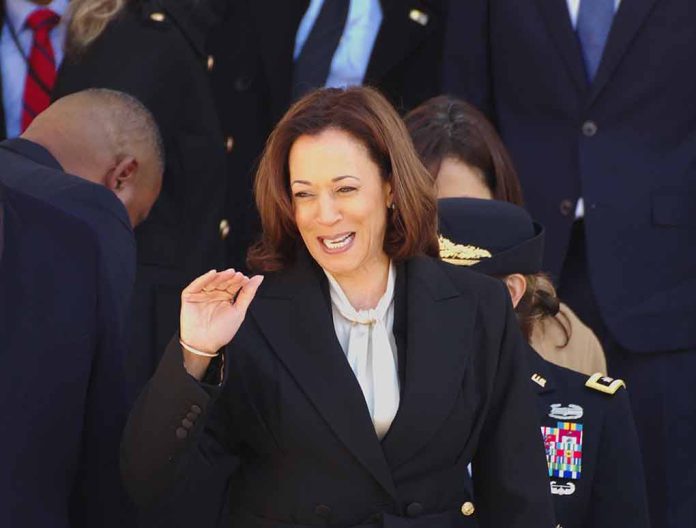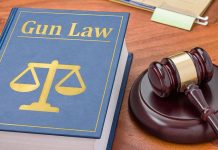
Kamala Harris’ recent statements on tackling social media misinformation have stirred a significant debate on free speech and censorship.
At a Glance
- In 2019, Kamala Harris advocated for more regulation of social media companies.
- Harris supports addressing misinformation, especially given issues like the Brazilian Supreme Court’s actions against Elon Musk’s X.
- Critics fear such measures could undermine free speech and be used to silence opposition.
- Claims about Harris’s stance have been misrepresented and widely shared online.
Regulation and Oversight of Social Media
In 2019, Kamala Harris expressed the necessity for regulation and oversight of social media companies, highlighting the spread of false narratives online. She stated, “are directly speaking to millions and millions of people without any level of oversight or regulation and it has to stop.”
This stance aims to curb misinformation and protect public discourse. However, Harris’ approach raises concerns about potential overreach and government control over information.
Misinformation Concerns
The Brazilian Supreme Court’s decision to shut down Elon Musk’s X over misinformation concerns aligns with Harris’s views. The Brazilian constitution protects free expression, prohibiting political, ideological, and artistic censorship, which reflects the delicate balance between free speech and preventing misinformation.
“Undermines the effort by Musk and his supporters to cast Justice Alexandre de Moraes as an authoritarian renegade who is intent on censoring political speech in Brazil.” – The Associated Press
Despite Brazil’s robust protections for free speech, actions against platforms like X demonstrate the tension between regulating misinformation and preserving free expression.
White House Influence and Social Media
Mark Zuckerberg revealed that the Biden administration pressured Facebook to censor certain coronavirus content, calling it wrong. He shared regret for not being more outspoken against such influence.
“I believe the government pressure was wrong, and I regret that we were not more outspoken about it.” – Mark Zuckerberg
Despite the White House’s claims that these actions aimed to promote responsible tech practices, the influence on social media platforms remains a point of contention.
Misrepresentation and Misinformation
Online misinformation has misrepresented Harris’s comments, suggesting she promised to censor Elon Musk and X if she wins the 2024 presidential election. These false claims stem from a 2019 interview where Harris spoke about suspending Trump’s Twitter account.
Social media users, including Robert F. Kennedy Jr., have amplified these misrepresentations. Another popular post, liked and shared about 105,000 times, falsely claims Harris would shut down X if elected.
New Task Force Initiative
The Biden administration has launched the Task Force to Address Online Harassment and Abuse, led by Vice President Harris. The task force aims to combat online harms, focusing on issues disproportionately affecting women, girls, people of color, and LGBTQI+ individuals. Critics, however, argue that definitions of disinformation are subjective and fear potential censorship of constitutionally protected speech. The task force was created in response to the surge in online harassment, with statistics showing significant impacts.
Conclusion
The debate over Harris’s stance on social media misinformation highlights the complexities surrounding free speech and government regulation. While addressing harmful content is crucial, it is imperative to ensure that actions taken do not infringe on fundamental rights of free expression. The challenge lies in finding a balance that protects public discourse without imposing undue censorship.
Sources
1. Brazil Supreme Court panel unanimously upholds judge’s decision to block X nationwide
2. Zuckerberg says the White House pressured Facebook to ‘censor’ some content during the pandemic









